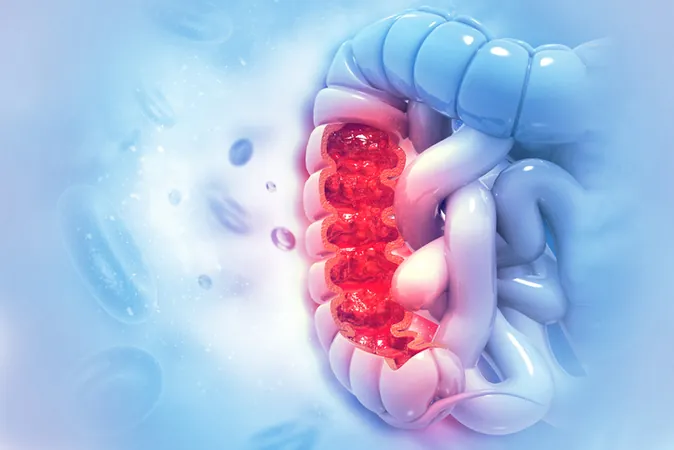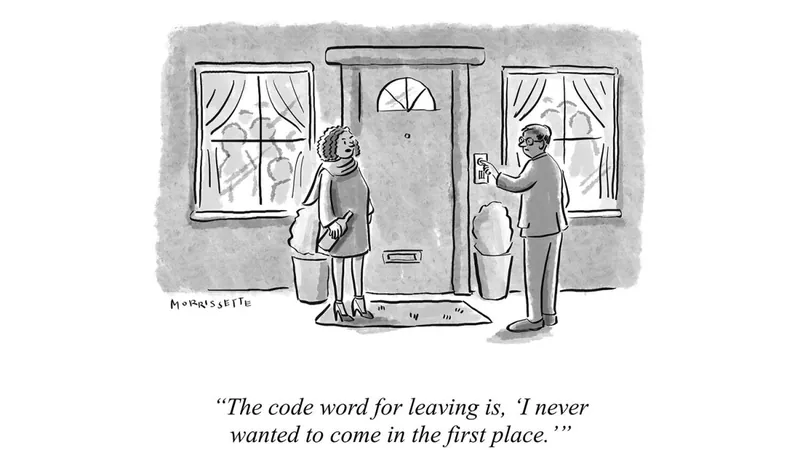
Sugary Drinks Fuel Colorectal Cancer Spread: Shocking New Study Reveals!
2025-09-22
Author: Li
The Sweet Truth About Sugary Drinks and Cancer
Researchers at the University of Texas MD Anderson Cancer Center have uncovered a startling connection between sugary beverages and the aggressive spread of colorectal cancer (CRC). Their groundbreaking study, published in *Nature Metabolism*, reveals that the glucose-fructose mix prevalent in these drinks significantly accelerates cancer metastasis.
What the Research Reveals
According to Dr. Jihye Yun, the senior author of the study, "Our findings highlight that what we eat daily plays a pivotal role, not just in cancer risk, but also in the progression of the disease itself." This shocking discovery implies that cutting out sugary drinks, targeting the SORD enzyme, or even repurposing statins could have substantial benefits for CRC patients.
The Hidden Dangers of Sugary Beverages
Despite their popularity, sugary drinks may be hiding a lethal side effect. The study delves into the biological mechanisms through which glucose and fructose impact late-stage CRC progression. It found that a combination of these sugars—not just one alone—dramatically increases cancer cell movement and metastasis to the liver.
The researchers observed that this sugary combo activates the SORD enzyme and induces changes in metabolic pathways, resulting in a surge of cancer cell motility. This means that if you have a penchant for soda and energy drinks, you could be unwittingly fueling your cancer's spread!
A New Target for Treatment
The study goes further, suggesting that sugar-sweetened beverage (SSB) consumption may directly influence cancer behavior. By identifying SORD as a potential therapeutic target, new treatment options may be on the horizon. Dr. Yun pointed out, "Our study establishes a causal link between SSBs and CRC metastasis through SORD. This paves the way for future investigations into how we can combat this deadly disease."
Reevaluating Dietary Guidelines for Cancer Patients
These findings come at a critical time as many cancer patients are often advised to consume high-calorie drinks to maintain their weight during treatment. However, since many of these drinks are loaded with glucose and fructose, this research calls for a serious reevaluation of nutritional recommendations for those battling advanced CRC.
Dr. Yun’s lab had previously shown that SSBs stimulate tumor growth in early-stage colorectal cancer cases, further driving home the urgency of this issue. Increased SSB intake has even been linked to a doubled risk of young-onset CRC in larger epidemiological studies.
A Bright Future for Research
While this study was executed in preclinical models, it heralds a new frontier of inquiry into the dietary impacts on cancer progression. The variability in SORD expression and dietary sugar consumption among patients opens up new possibilities for targeted treatments, particularly using statins for patients with high SORD levels and sugar intake.
In essence, this research serves as a crucial reminder: the sweet taste of sugary drinks might come with a bitter price, especially for those already in the throes of battling cancer.



 Brasil (PT)
Brasil (PT)
 Canada (EN)
Canada (EN)
 Chile (ES)
Chile (ES)
 Česko (CS)
Česko (CS)
 대한민국 (KO)
대한민국 (KO)
 España (ES)
España (ES)
 France (FR)
France (FR)
 Hong Kong (EN)
Hong Kong (EN)
 Italia (IT)
Italia (IT)
 日本 (JA)
日本 (JA)
 Magyarország (HU)
Magyarország (HU)
 Norge (NO)
Norge (NO)
 Polska (PL)
Polska (PL)
 Schweiz (DE)
Schweiz (DE)
 Singapore (EN)
Singapore (EN)
 Sverige (SV)
Sverige (SV)
 Suomi (FI)
Suomi (FI)
 Türkiye (TR)
Türkiye (TR)
 الإمارات العربية المتحدة (AR)
الإمارات العربية المتحدة (AR)